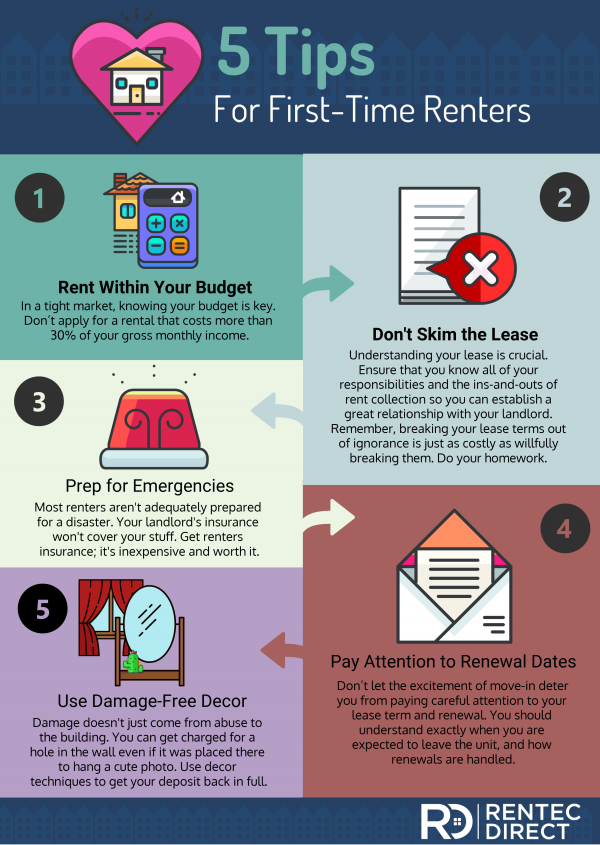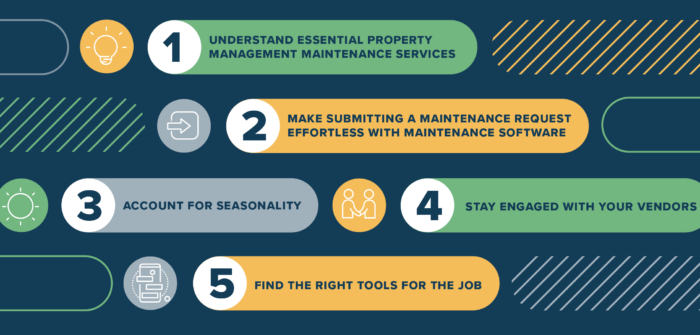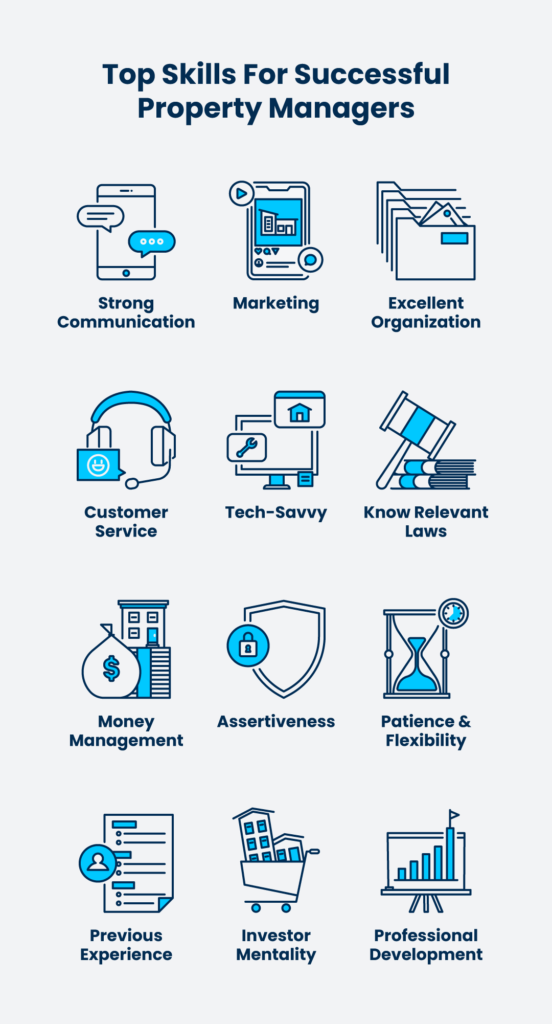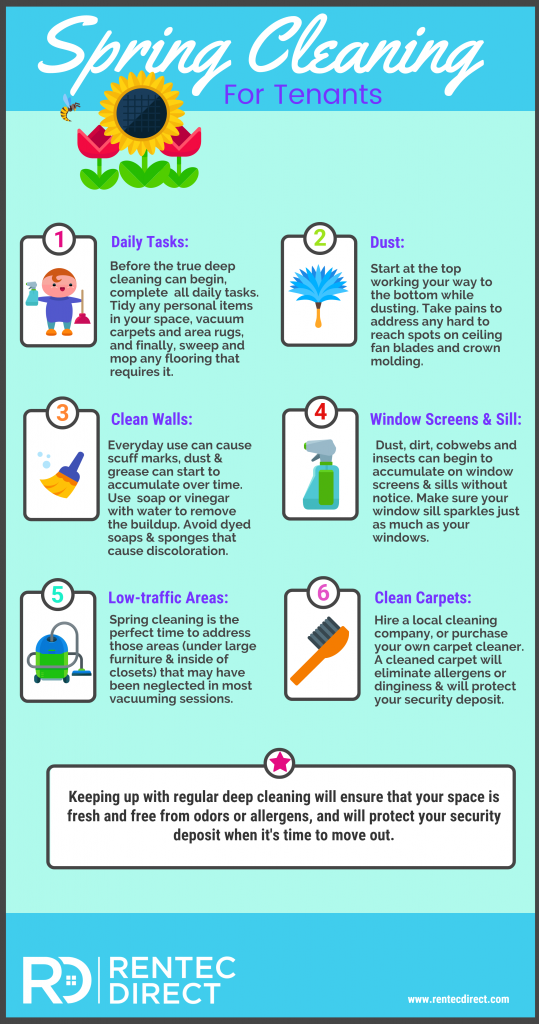Unlock the secrets to successful rental property management with these game-changing tips that will revolutionize your real estate business.

Image courtesy of George Becker via Pexels
Table of Contents
- Introduction: Becoming a Great Property Manager
- Section 1: Know Your Property Inside and Out
- Communicating With Tenants
- Keeping Up With Paperwork
- Regular Maintenance Is Key
- Safety First
- Learning Local Laws
- Handling Money Matters
- Section 8: Using Technology to Your Advantage
- Section 9: Finding Good Tenants
- Conclusion: Managing Properties the Smart Way
- Frequently Asked Questions (FAQs)
Introduction: Becoming a Great Property Manager
If you want to be really good at taking care of houses or apartments that other people live in, you’re in the right place! Being a great property manager means you know how to manage a rental property well. Let’s dive into some helpful tips for property managers that will make you awesome at your job.
Are you ready to learn how to become the best property manager you can be? Let’s get started with some essential advice on how to manage a rental property effectively. It’s going to be a fun and informative journey!
Section 1: Know Your Property Inside and Out
Understanding utilities means knowing all about the water, electricity, and other important things in the house. You need to learn how they work and where they are so you can take care of them when needed.
Maintenance Checklist
A maintenance checklist is like a to-do list for keeping the house in good shape. It’s a list of things you have to check regularly to make sure everything is working well. This can include tasks like changing filters, inspecting appliances, and looking for any signs of damage.
Communicating With Tenants
Talking to your tenants is super important. They’re the ones living in the houses.

Image courtesy of www.rentecdirect.com via Google Images
Setting Rules
You have to tell your tenants what they’re allowed to do and what they’re not. It’s like creating a list of do’s and don’ts for the house.
Listening and Responding
If tenants have problems or ideas, you need to listen and help them out. It’s important to be a good listener and act on their concerns to keep everyone happy.
Keeping Up With Paperwork
When you’re managing rental properties, there’s more to it than just taking care of the houses. You also need to handle a lot of important paperwork to make sure everything is running smoothly. Let’s take a look at some key things you need to keep track of:
Rental Agreements
One of the most important documents you’ll come across as a property manager is the rental agreement. This is where all the rules of renting the house are written down, and both you and the tenant agree to follow them. It covers things like how much rent is due, when it’s due, and what the tenant is responsible for during their stay. Make sure you keep all these agreements organized and easily accessible in case you ever need to refer back to them.
Financial Records
Keeping track of the money is a crucial part of property management. You’ll need to document all rent payments, expenses for repairs, maintenance costs, and any other financial transactions related to the property. By maintaining accurate financial records, you can easily track how your property is performing financially and ensure that everything is in order come tax time. Consider using software that can help you stay on top of your financial obligations and make the process more efficient.
Regular Maintenance Is Key
To keep the houses in tip-top shape, you have to fix things and keep them clean regularly. This is called property management best practices and it’s super important to make sure the homes are in good condition for the tenants to live comfortably.

Image courtesy of www.buildium.com via Google Images
Scheduled Repairs
Scheduled repairs are when you plan when things in the house need to be fixed, so you don’t forget. This could be changing light bulbs, fixing leaky faucets, or repairing broken windows. By having a schedule, you can stay on top of maintenance tasks and prevent bigger problems from happening down the road.
Cleanliness Counts
Keeping the houses clean is a key part of regular maintenance. This means vacuuming the floors, dusting the shelves, and making sure the bathrooms are sparkling clean. When the houses are clean, the tenants will be happier and healthier living in a tidy environment.
Safety First
One of the most important jobs as a property manager is ensuring that the houses you manage are safe for people to live in. Safety should always be a top priority to protect your tenants and your property.
Regular Safety Checks
Regular safety checks are vital to identify any potential hazards or safety concerns in the property. This can include inspecting for things like loose railings, faulty electrical wiring, or non-functioning smoke detectors. By conducting these checks regularly, you can address issues promptly and prevent accidents from happening.
Emergency Procedures
It’s essential to have detailed emergency procedures in place in case of a fire, natural disaster, or any other emergency situation. Make sure that tenants are aware of these procedures and know what to do in case of an emergency. Having a plan in place can help everyone stay safe and respond effectively during stressful situations.
By prioritizing safety with regular checks and emergency preparedness, you can create a secure and comfortable living environment for your tenants, promoting trust and peace of mind for everyone involved.
Learning Local Laws
Managing rental properties involves more than just taking care of the houses and communicating with tenants. It’s also crucial to understand the local laws and regulations that govern rental properties in your area. Let’s explore some important aspects of learning about local laws when managing rental properties.

Image courtesy of www.turbotenant.com via Google Images
Understand Tenant Rights
Tenants have rights that are protected by the law. These rights ensure that tenants have a safe and habitable living environment, privacy, and protection from discrimination. As a property manager, it’s essential to know and understand these rights to ensure that you are providing a legal and fair living situation for your tenants.
Stay Legal
Staying legal means complying with all the rules and regulations set forth by local, state, and federal laws concerning rental properties. This includes issues like rental agreements, security deposits, eviction procedures, and property maintenance standards. By following the law, you can protect yourself and your tenants from legal troubles and ensure a smooth and successful rental experience.
Handling Money Matters
When it comes to renting out houses, dealing with money the right way is really important. Let’s talk about some key points to keep in mind when handling the financial aspects of property management.
Setting the Right Rent
Choosing how much money people should pay to live in your house is a big decision. You want to set a rent that covers your expenses like mortgage payments, property taxes, insurance, and maintenance costs. At the same time, you also want to make sure the rent is competitive with similar properties in the area. Doing some research on rental prices in your neighborhood can help you determine a fair and reasonable rent for your property.
Saving for a Rainy Day
Putting some money aside for times when stuff breaks and needs to be fixed is a smart strategy. Unexpected repairs and maintenance costs can crop up at any time, so having a financial cushion to cover these expenses is crucial. It’s a good idea to set aside a portion of the rent you collect each month into a separate fund specifically designated for property repairs and emergencies. This way, you’ll be prepared to address any issues that arise without having to dip into your personal finances.
| Tips for Effective Rental Property Management |
|---|
| 1. Screen Tenants Carefully |
| 2. Set Clear Expectations in the Lease Agreement |
| 3. Maintain the Property Regularly |
| 4. Communicate Effectively with Tenants |
| 5. Stay Informed about Landlord-Tenant Laws |
Section 8: Using Technology to Your Advantage
Have you ever heard of property management software? It’s like having a super smart assistant that helps you keep track of everything you need to know about your rental properties. With just a few clicks on the computer, you can see when rent is due, schedule maintenance tasks, and even communicate with your tenants. It’s a handy tool that makes managing your properties a breeze!

Image courtesy of www.rentecdirect.com via Google Images
Online Rent Collection
Gone are the days of collecting rent checks in person or waiting for them to arrive in the mail. With online rent collection, your tenants can easily pay their rent with just a few clicks on their phones or computers. This not only makes it convenient for them but also ensures that you receive payments on time. Plus, you can track who has paid and send reminders to those who haven’t, all without having to chase anyone down.
Section 9: Finding Good Tenants
A big part of your job as a property manager is to find people who will take good care of the houses when they live in them. Here are some important things to keep in mind when looking for the right tenants:
Screening Applicants
When someone wants to rent your property, you have to make sure they will be a good tenant. This means checking their background, like if they’ve rented before and if they paid on time. You also want to see if they have a good job and enough money to pay the rent every month. It’s like making sure they will treat the house nicely and follow the rules.
Building Relationships
Once you find good tenants, it’s important to build a friendly relationship with them. Being kind and helpful can make them feel comfortable and happy living in your property. This way, they are more likely to stay longer, take care of the house, and pay rent on time. Building trust and open communication can make everyone’s experience better.
Conclusion: Managing Properties the Smart Way
We’ve learned so much about taking care of rental homes! It’s important to remember a few key things to be a great property manager.

Image courtesy of caspianrealty.com via Google Images
Know Your Property Inside and Out
Understanding the ins and outs of your property is crucial. You should know where everything is located, from the water heater to the roof’s age. This knowledge helps you maintain the property effectively.
Communicating With Tenants
Keeping an open line of communication with your tenants is essential. Setting clear rules and listening to their needs fosters a positive relationship and ensures a harmonious living environment.
Keeping Up With Paperwork
Maintaining proper documentation, such as rental agreements and financial records, is vital for legal compliance and financial management. Organized paperwork streamlines property management tasks.
Regular Maintenance Is Key
Scheduled repairs and consistent cleanliness are paramount in preserving the property’s condition and ensuring tenant satisfaction. Proactive maintenance prevents issues from escalating.
Safety First
Regular safety checks and emergency preparedness protocols are non-negotiable. Prioritizing safety measures creates a secure living environment for tenants.
Learning Local Laws
Understanding tenant rights and adhering to legal regulations are fundamental responsibilities of a property manager. Staying informed and compliant safeguards you and the tenants.
Handling Money Matters
Setting appropriate rent rates and establishing a financial reserve for unforeseen expenses are sound financial practices. Proper management of finances ensures stability in property operations.
Using Technology to Your Advantage
Embracing property management software and online rent collection tools can streamline administrative tasks and enhance efficiency. Leveraging technology simplifies property management processes.
Finding Good Tenants
Screening applicants diligently and fostering positive relationships with tenants are integral to maintaining a harmonious rental environment. Selecting responsible tenants is key to successful property management.
Frequently Asked Questions (FAQs)
Here are some questions that a lot of people ask about managing rental properties.
How often should I visit my properties?
It’s essential to regularly check on your properties to ensure everything is in good shape and address any issues that may arise. Ideally, visiting your properties at least once a month is a good practice. This way, you can stay on top of maintenance needs, address any tenant concerns promptly, and ensure that the property is being well taken care of.
Can I manage my property myself?
Managing a property yourself is entirely possible, but it can also be a lot of work. If you have the time, knowledge, and ability to handle all aspects of property management, such as maintenance, tenant communication, and paperwork, then you can certainly manage your property yourself. However, if you find yourself overwhelmed or lacking expertise in certain areas, it may be beneficial to consider hiring a professional property management company to assist you.
Idaho Poperty Management
